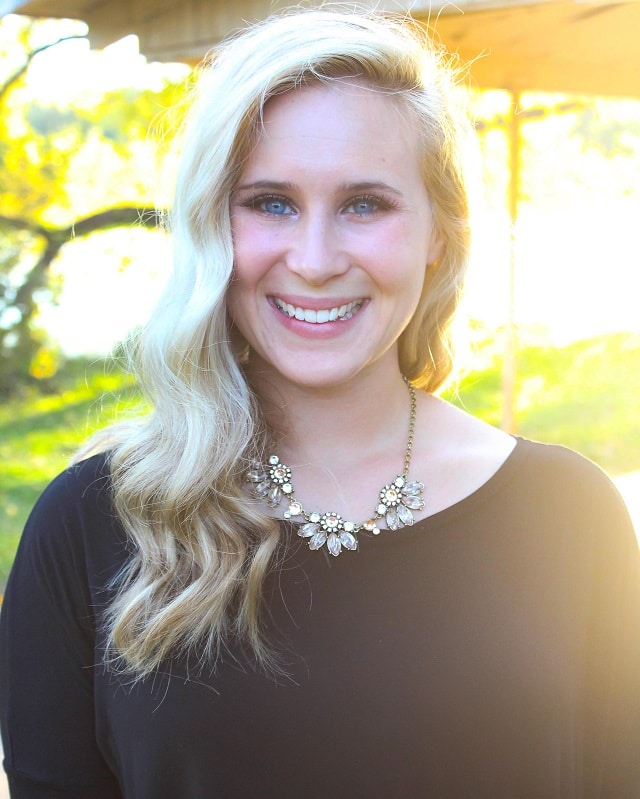
Rhodd family member Lexi Freeman was a member of the 2012 Potawatomi Leadership Program. As an environmental science graduate student at Oklahoma State University, she is studying the American burying beetle, Nicrophorus americanus, the only endangered insect in Oklahoma. She is also using her degree to give back to tribal nations through implementing environmentally-friendly practices.
Freeman recalled that the PLP impacted her life in significant ways and she recently sat down with the Hownikan to talk about how the program has connected her culture with the career path she has chosen.
What made you want to participate in the PLP?
“I was born and raised in Shawnee, Oklahoma, so the tribe has always been a major aspect of my life. I attend Family Reunion Festival every summer, and have taken advantage of the resources CPN offered. When the opportunity presented itself, I felt the PLP would be a fantastic way to learn about the culture and enterprises of CPN.”
How did the PLP make you see the tribe differently?
“I gained so much insight from a cultural prospective. I had always been aware of how successful our tribal businesses were, but aside from attending Festival, I never explored the many facets of our culture. Being a PLP allowed me to experience tribal language, history, dancing, stickball, sweats and ceremonies. I also made valuable connections and gained knowledge about the inner workings of the tribe.
“Ultimately, the PLP helped build my tribal identity. I have always been a CPN member, but had never truly felt Native American. I had reaped the benefits, but had never gone out of my way to learn and be able to teach the next generation. I don’t look Native American. I have blonde hair and blue eyes and had always felt like a self-imposed imposter.
“Being a PLP intern, I was able to meet so many incredible and driven people from all walks of life. I was able to learn the history and culture and whole-heartedly feel like I was a true member of CPN. I learned that being Native American isn’t the color of your skin or how much blood is in your veins, but the drive to learn and continue practicing and teaching the traditions. I will always be grateful for that summer and the people who made it possible.”
What have you been doing since the PLP?
“The following summer I was fortunate enough to acquire a position as an intern for the Wisconsin Tribal Conservation Advisory Council stationed with the United States Department of Agriculture’s Animal and Plant Health Inspection Services in Madison, Wisconsin. During that summer, I spent a great amount of time working with tribal nations in establishing healthy animal populations on reservations and tribal lands, along with the implementation of environmentally friendly energy and agricultural alternatives. I assisted in studies on the occurrence of rabies on tribal lands and aided in rabies clinics on reservations. I also visited various tribes to study their aquaponics systems and agricultural practices. I returned to OSU the following fall with new insight into Native American tribes in the north and their endeavors to reduce their negative affects on the environment.
“Throughout my undergraduate degree I continued to work with the USDA in Oklahoma. I graduated with my bachelor’s in zoology in May 2015, and am now on my first year as a graduate student. As an environmental science graduate, my goal is to return to the Potawatomi or other sovereign nation to assist in implementation and regulation of environmentally friendly practices.
“As a Native American, I feel a close kinship to nature and respect and admire the work tribal nations do to preserve their natural surroundings and wildlife. I appreciate and believe in the Native American philosophy of seven generations. In every deliberation, we must consider the impact on the seventh generation. My hope is to become a contributing member of the Citizen Potawatomi Nation and, in some way, find means to better tribal communities.
“To everyone who makes the PLP possible, thank you and please continue the hard work.”
To learn more about the PLP, please visit plp.potawatomi.org.
